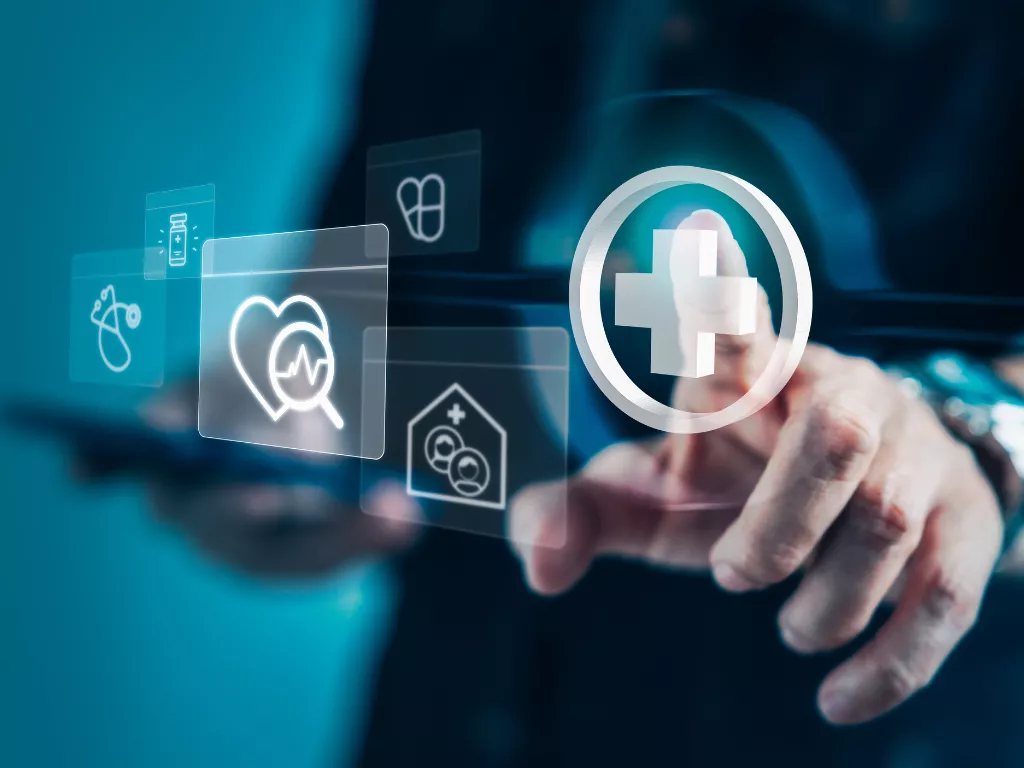Modern Technology Transformed Healthcare

Modern technology has transformed healthcare in numerous ways, revolutionizing the delivery of medical services, improving patient outcomes, and enhancing the efficiency of healthcare systems. Some of the key ways in which modern technology has transformed healthcare include:
Medical Imaging: Advances in medical imaging technologies such as X-rays, MRI (Magnetic Resonance Imaging), CT (Computed Tomography) scans, and ultrasound have enabled healthcare providers to visualize internal structures of the body with unprecedented detail. These imaging modalities aid in the diagnosis, treatment planning, and monitoring of various medical conditions.
Telemedicine: Telemedicine technologies enable remote diagnosis, consultation, and treatment of patients using telecommunications technology. Video conferencing, remote monitoring devices, and mobile health apps allow patients to access healthcare services from the comfort of their homes, improving access to care, reducing healthcare costs, and facilitating timely interventions, especially in rural or underserved areas.
Electronic Health Records (EHRs): Electronic health records (EHRs) digitize patient medical records, enabling healthcare providers to access, store, and share patient information securely and efficiently. EHRs improve communication and coordination among healthcare providers, reduce medical errors, and facilitate data-driven decision-making for better patient care.
Precision Medicine: Advances in genomics, molecular biology, and bioinformatics have paved the way for precision medicine, which tailors medical treatment and interventions to individual genetic, environmental, and lifestyle factors. Precision medicine approaches enable personalized diagnosis, treatment, and prevention strategies that improve patient outcomes and reduce adverse reactions to medications.
Robotics and Minimally Invasive Surgery: Robotics and minimally invasive surgical techniques have transformed surgical procedures, enabling surgeons to perform complex surgeries with greater precision, control, and minimal trauma to patients. Robotic-assisted surgery systems, such as the da Vinci Surgical System, offer enhanced dexterity and visualization, leading to shorter recovery times and improved surgical outcomes.
Health Monitoring and Wearable Devices: Wearable devices and health monitoring technologies enable individuals to track and monitor their health parameters, such as heart rate, activity level, sleep patterns, and blood glucose levels, in real-time. These devices empower individuals to take proactive measures to manage their health, prevent diseases, and engage in healthy behaviors.
Artificial Intelligence and Data Analytics: Artificial intelligence (AI) and data analytics technologies analyze vast amounts of healthcare data to identify patterns, trends, and insights that inform clinical decision-making, disease diagnosis, treatment optimization, and population health management. AI-powered algorithms improve diagnostic accuracy, predict patient outcomes, and identify potential risks and opportunities for intervention.
Overall, modern technology has transformed healthcare by improving access to care, enhancing diagnostic and treatment capabilities, empowering patients, and optimizing healthcare delivery processes. As technology continues to evolve, it holds the potential to further revolutionize healthcare, driving innovations that improve patient outcomes, reduce healthcare disparities, and promote population health and well-being.
Thank you,